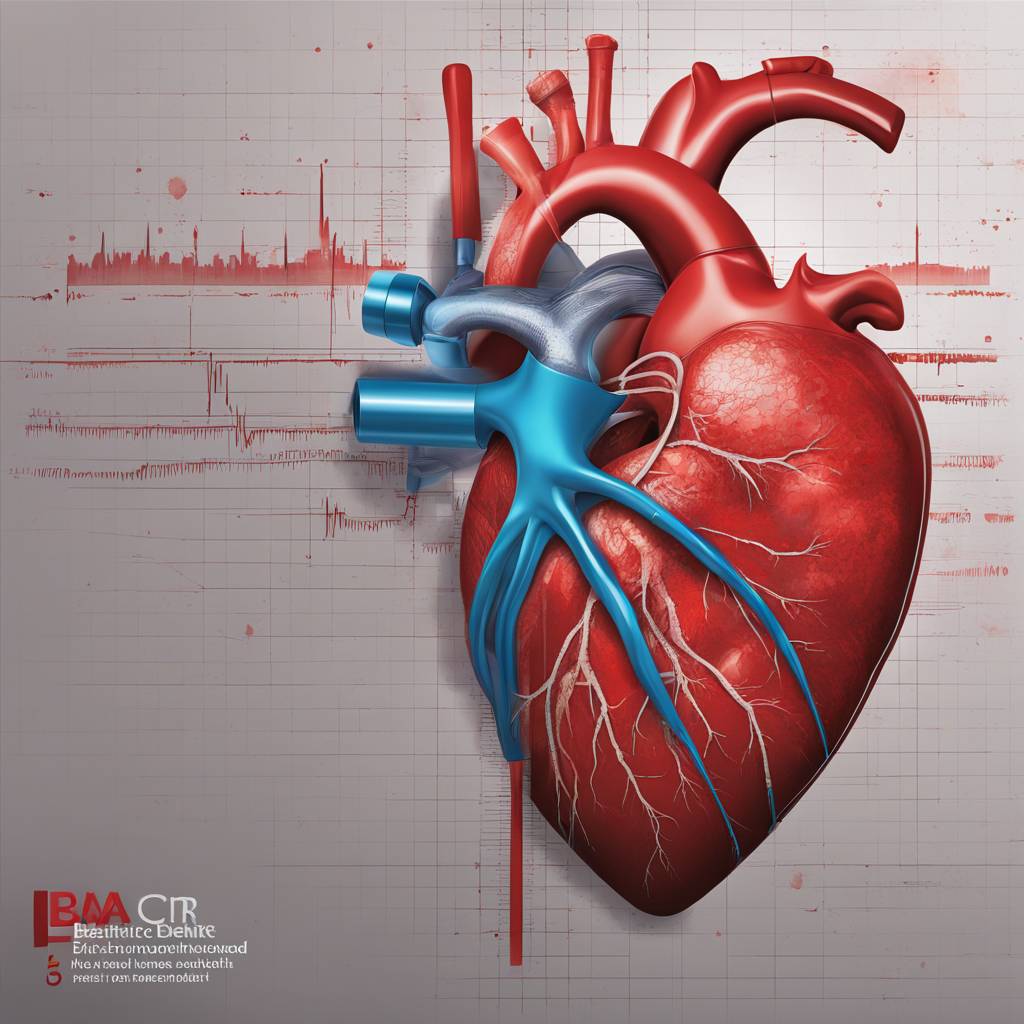Bariatric surgery has been shown to significantly improve cardiometabolic functions such as blood pressure, cholesterol, glucose, and HbA1c. Weight loss resulting from bariatric surgery can lower the risk of developing type 2 diabetes, hypertension, and dyslipidemia, while also improving overall heart disease risk over a 10-year period. Between 30% and 50% of individuals who undergo bariatric surgery experience remission of these conditions, particularly among younger, female, or white individuals without co-morbidities.
A new study published in the Journal of the Endocrine Society evaluated over 7,800 individuals between the ages of 20 and 79 who had bariatric surgery. Most participants were white and female, but the study also included a significant number of male and Black individuals, who are typically underrepresented in research on bariatric surgery. The researchers looked for improvements in cardiometabolic health, as well as remission rates of diabetes, hypertension, and dyslipidemia, and estimated 10-year cardiovascular disease risk.
The study found that older, male, and Black participants showed a minor reduction in their 10-year heart disease risk and had lower odds of remission of diabetes, hypertension, and dyslipidemia compared to younger, female, or white participants. Those with a history of these conditions also showed less improvement in cardiometabolic health compared to those without. However, bariatric surgeon Dr. Mir Ali emphasized that genetic factors can play a role in obesity, with Black individuals potentially having more genetic factors linked to obesity.
Bariatric surgery has been shown to lead to significant weight loss, which has a positive impact on heart health by lowering blood pressure, lipids, and blood sugar. Individuals who undergo bariatric surgery experience an estimated 35% reduction in their 10-year cardiovascular disease risk one year post-surgery, with between 30% and 50% experiencing remission of diabetes, hypertension, and dyslipidemia. Younger, female, and white participants without a history of cardiometabolic disease saw the most significant improvements post-surgery.
Different types of bariatric surgery are available to treat obesity, including sleeve gastrectomy and gastric bypass, both of which alter the anatomy of the stomach to reduce food intake and absorption. These surgeries can lead to significant weight loss over time and may improve or reverse obesity-related conditions such as diabetes, high cholesterol, high blood pressure, sleep apnea, and chronic pain. Bariatric surgery is not only a tool for weight loss but also leads to metabolic changes in the body that contribute to improved heart health.
It is important for individuals considering bariatric surgery to understand that it is a major procedure that can lead to significant weight loss and improvements in heart health. However, to maintain long-term success, lifestyle changes such as diet adjustments and increased physical activity are essential. Additional research is ongoing to better understand the metabolic changes that occur after bariatric surgery and how they contribute to improved cardiometabolic health.


